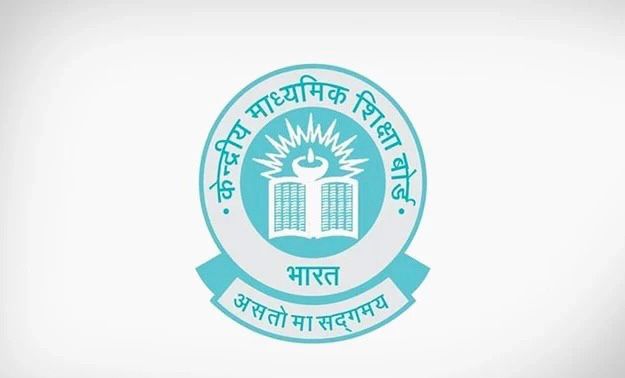Analyse the positive outcomes of the democracy.
Ans. Democracy, as a form of governance, yields several positive outcomes that contribute to societal progress, stability, and individual well-being:
-
Political Participation: Democracy encourages active citizen engagement in decision-making processes through voting, advocacy, and civic participation. Citizens have the opportunity to voice their opinions, hold elected officials accountable, and shape public policies that reflect their interests and values.
-
Protection of Rights and Freedoms: Democracy safeguards fundamental rights and freedoms such as freedom of speech, assembly, press, and religion. Constitutional protections and legal frameworks ensure equality before the law and prevent the abuse of power by government authorities, fostering a culture of tolerance, inclusivity, and respect for human dignity.
-
Accountability and Transparency: Democratic governments are accountable to the people they serve, promoting transparency, integrity, and ethical conduct in public administration. Regular elections, independent judiciary, and mechanisms for oversight and checks and balances ensure accountability, prevent corruption, and uphold the rule of law.
-
Economic Development: Democracy fosters economic growth, innovation, and entrepreneurship by providing a conducive environment for investment, market competition, and private enterprise. Political stability, rule of law, and protection of property rights under democratic governance attract domestic and foreign investments, stimulate job creation, and spur innovation, leading to overall economic prosperity and poverty reduction.
-
Social Cohesion and Diversity: Democracy celebrates diversity and pluralism, respecting the rights and identities of minority groups and marginalized communities. Inclusive democratic institutions promote social cohesion, peaceful coexistence, and mutual respect among individuals of different backgrounds, religions, cultures, and ideologies, fostering a sense of national unity and solidarity.
-
Conflict Resolution and Peacebuilding: Democracy provides mechanisms for peaceful resolution of conflicts, grievances, and grievances, reducing the likelihood of violence, civil unrest, and armed conflict. Dialogue, negotiation, and compromise are essential components of democratic governance, facilitating reconciliation, reconciliation, and sustainable peacebuilding processes.


